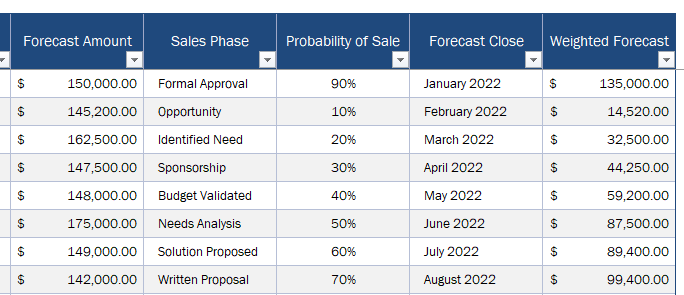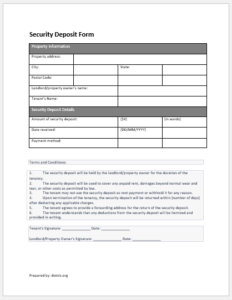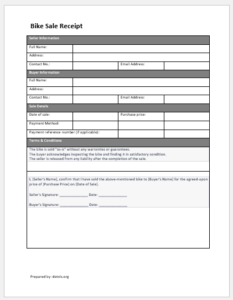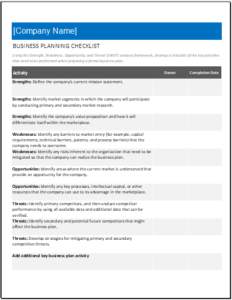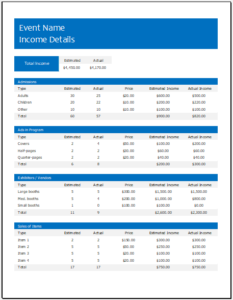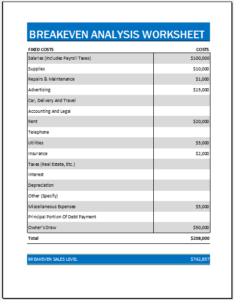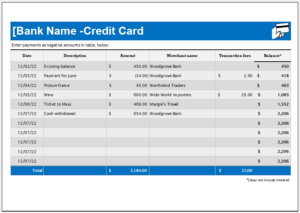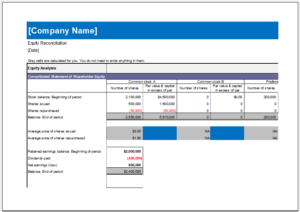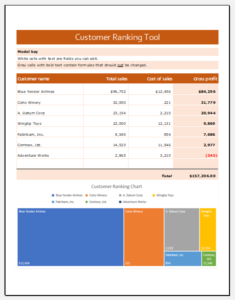Sales Forecast Tracker for Small Business
A small business usually has limited resources and it is even more essential for it than a big organization to utilize its resources well if it wants to survive in the market. There are many factors, that contribute to resource optimization, one of which is the demand forecast. If a small business can predict its future sales accurately, it can increase its performance. This becomes possible by maintaining a sales forecast tracker.
What is a sales forecast tracker for a small business?
A sales forecast tracker aids in tracking the sales of a small business and based on past sales help in forecasting the sales of the future. When a business is operating in a market, it is aware of the possible variables, both internal and external, that would impact its future sales, both units, and price. In consideration of that, the business predicts its sales and manages its operations and practices accordingly. For small businesses, this tracker is a simple sheet, with less complicated information or fields, as compared to the one that is used for big businesses.
What are the advantages of a sales forecast tracker for a small business?
This forecast tracker has many associated benefits, such as:
- Better utilization of resources
The resources of a small business are defined. The resource optimization of these limited resources becomes a possibility if the business employs them properly. The number of workers needed, raw materials required, finances required, etc., can all be planned if the forecasted demand and sales are known.
- Better estimate of the quantity to be produced.
The quantity produced can be better matched with the quantity demanded. For instance, if a business knows how many units of a product are expected to be sold, the resources can be employed to produce the same number of units.
- Better reflection of the business’s performance.
Income and sales are the tools that indicate how a business is performing. For a small business, the importance of the sales is great, as it is, usually, the only income source as compared to the big corporations, that may have various income generating sources. The funds and capital of a small business are limited as well, so if it is selling well, it can easily cover its expenses, and still earn a profit.
- Incorporation of external factors.
When the sales are being forecasted, different economic trends, like inflation, competitors’ tactics, government policies, etc., are incorporated while doing the predictions.
What are the main components of a sales forecast tracker for a small business?
The heads in a sales forecast tracker may vary as per the type of business, but, generally, the following fields are included:
- Number of units.
- Price per unit.
- Total sales value.
- Total sales per week/month/quarter.
- Total sales of the year.
- Percentage change from last period.
Past sales data is also incorporated to calculate future sales predictions. Depending on the company’s requirements and the type of business, the tracker can be maintained on a daily, weekly, monthly, quarterly, or yearly basis.
Preview
← Previous Article
Expense Claim Sheet for ExcelNext Article →
Profit Loss Statement Worksheet for Small Business